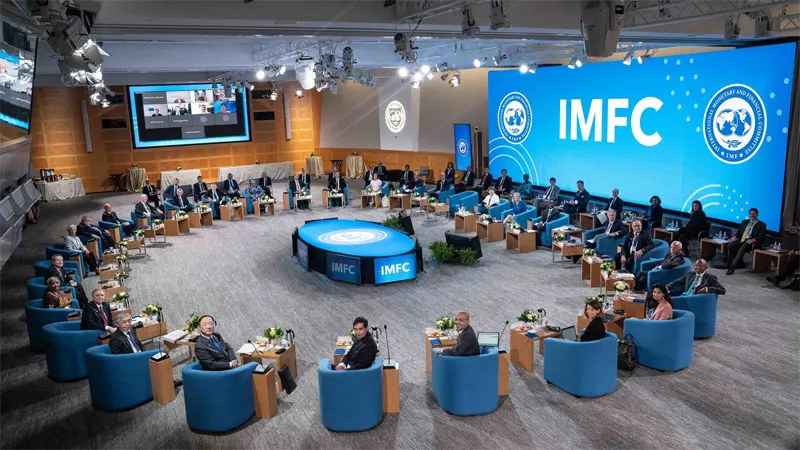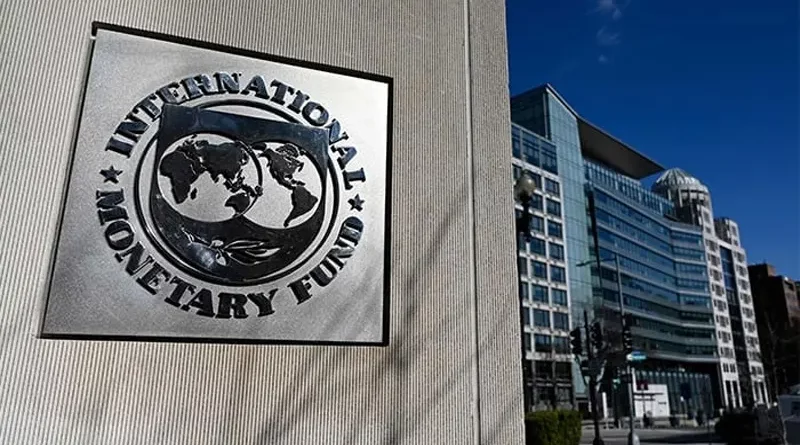International Monetary Fund and Its Working
International Monetary Fund
The International Monetary Fund (IMF) is a global organization that plays a major role in promoting international monetary cooperation, facilitating international trade, and promoting economic growth and stability. Established in 1944, the IMF is headquartered in Washington D.C. and has 189 member countries.
One of the primary roles of the IMF is to provide financial assistance to its member countries in times of need. This assistance can take the form of loans, which are provided to countries facing economic difficulties, such as high inflation, balance of payments difficulties, or economic recessions. The IMF also provides policy advice to these countries, helping them to implement economic reforms that will restore stability and growth.

Another important role of the IMF is to promote international monetary cooperation and stability. The IMF works closely with its member countries to ensure that their monetary and exchange rate policies are consistent with the stability of the international financial system. This involves monitoring the exchange rate policies of its member countries, and providing advice on how to improve these policies to ensure stability.
The IMF also plays a role in promoting international trade. By providing financial assistance to countries facing economic difficulties, the IMF helps to reduce the risk of trade disruptions and promotes a more open and stable trading system. Additionally, the IMF provides technical assistance and training to its member countries to help them integrate into the global economy and increase their competitiveness.
The IMF also collects and disseminates economic data, and provides analysis and forecasts on the global economy. This information helps to inform policymakers and the public about the state of the global economy and the prospects for future growth.
In conclusion, the International Monetary Fund plays a major role in promoting international monetary cooperation, facilitating international trade, and promoting economic growth and stability. Its role in providing financial assistance and policy advice to its member countries helps to restore stability and promote growth, while its role in promoting monetary stability and international trade helps to ensure that the global economy remains open and dynamic. The IMF’s work is essential for maintaining a stable and growing global economy, and its role will continue to be important in the years to come.
Submit by: Web Desk




